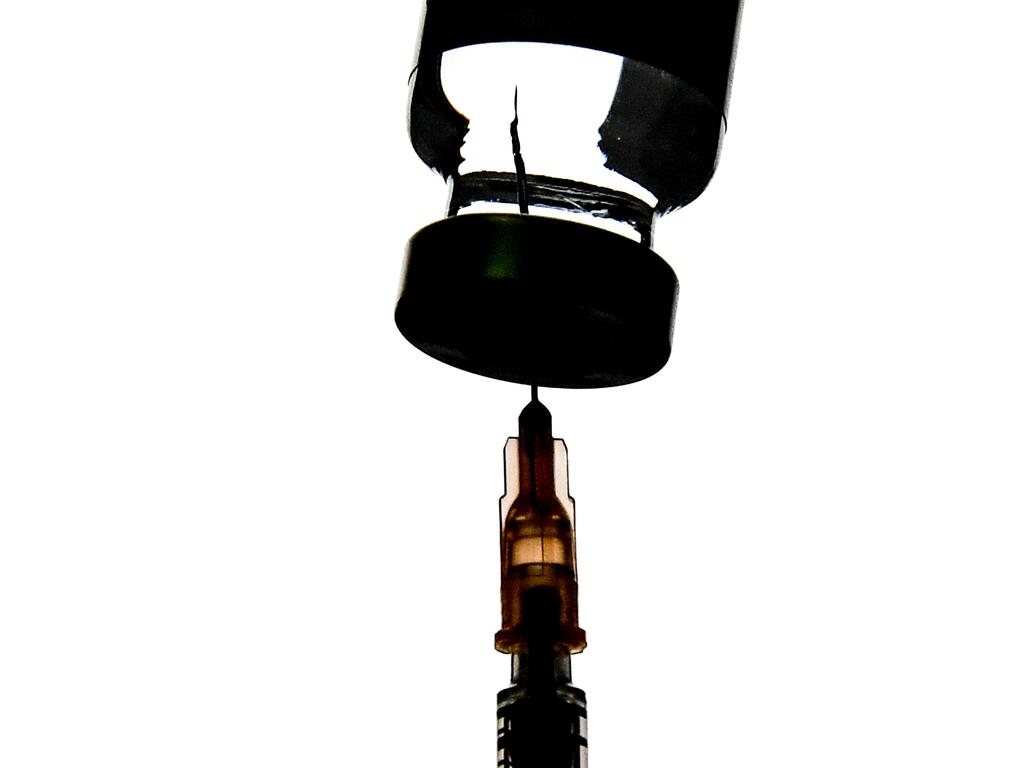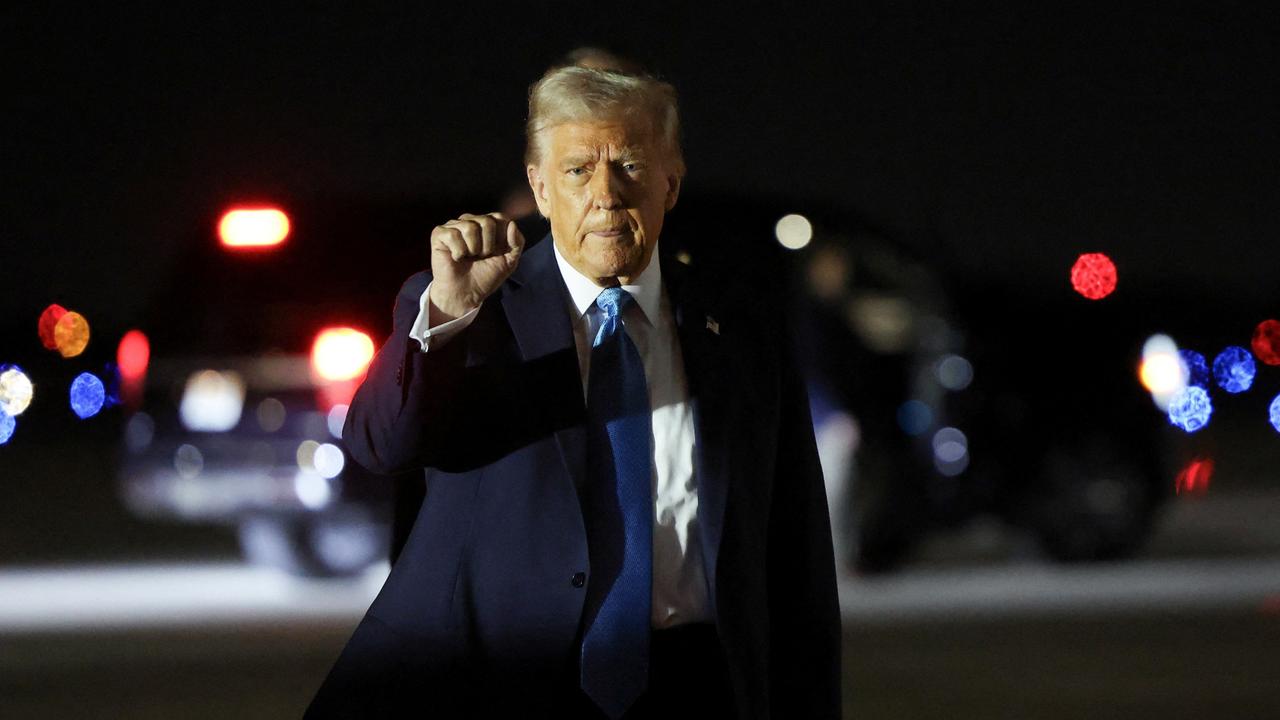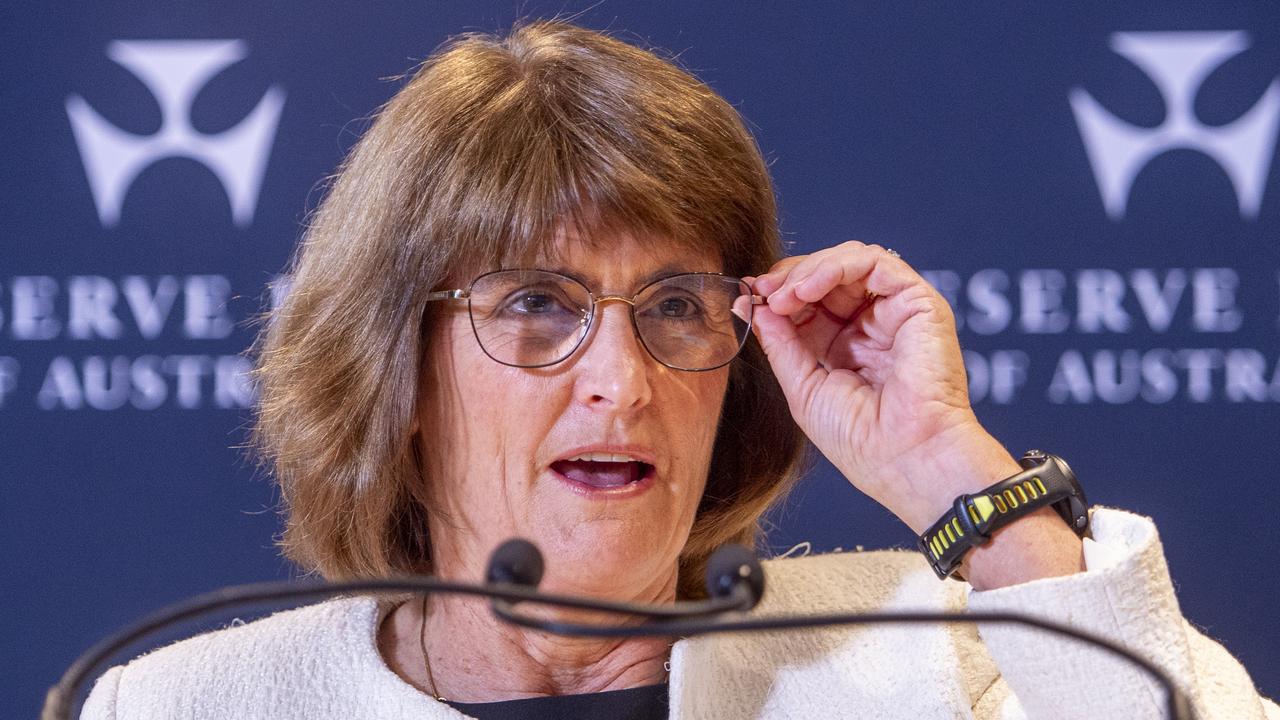Brutal Covid-19 surge in the U.S. weakens significantly
Newly reported cases and hospitalisations have dropped over the past month, but whether a turning point has been reached isn’t yet clear.
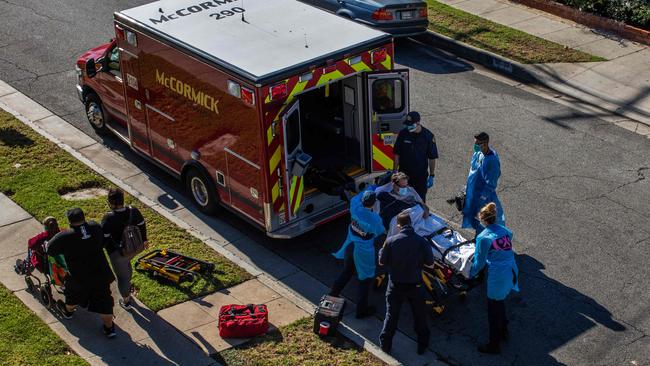
The most severe surge of the Covid-19 pandemic in the U.S. has weakened significantly, according to key metrics, though public-health experts and epidemiologists urge caution, given the spread of highly contagious new variants.
Newly reported cases have dropped 56% over the past month, based on a seven-day average, marking a significantly steeper fall than the U.S. saw after the spring and summer surges. Hospitalisation have declined 38% since Jan 6. The seven-day average of Covid-19 tests returning positive fell over the past week to 6.93%, the lowest since Oct. 31.
Unlike during earlier moments in the pandemic, case counts are heading lower amid a mass-inoculation effort. But even after such a steep decline, cases and hospitalisation remain higher than during earlier surges, deaths continue to hover near records, and the rise of more contagious coronavirus variants could quickly worsen the spread.
“The concern right now is that while we’re seeing a decline in cases from the holiday surges, as we identify more transmission of the variants within the U.S., this could lead to another surge,” said Saskia Popescu, an assistant professor at the Schar School of Policy and Government at George Mason University.
For public officials, managing the pandemic has long been a balancing act. “I do think that we should be easing back on some restrictions because there are serious social consequences and health consequences of restrictions themselves,” said Thomas Farley, Philadelphia’s health commissioner. “However, I do worry that too many changes happening too quickly may encourage people to let down their guard, and that may make the virus surge again.” By the second week in January, the seven-day average for new cases peaked at nearly 250,000 a day, according to a Wall Street Journal analysis of Johns Hopkins University data, a pandemic high that followed the holidays. Since then, case counts have plunged, with the seven-day average slipping to about 111,000 new daily cases as of Monday, according to Johns Hopkins data.
The drop coincides with the choppy but quickening rollout of vaccines that have been shown to be highly effective against Covid-19. By Monday, about 32.9 million people in the U.S., or about 10% of the population, had received one of two doses needed for maximum protection, according to the Centers for Disease Control and Prevention.
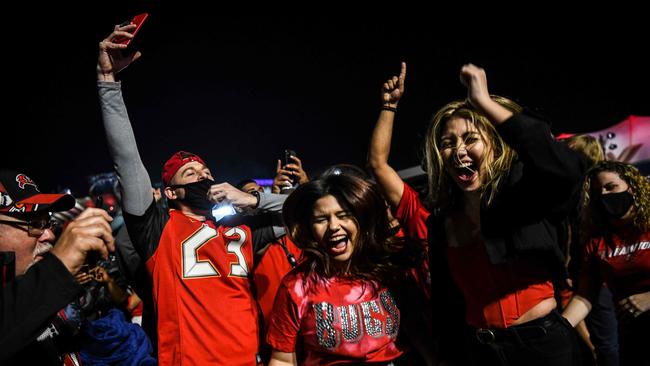
Epidemiologists say it may be too soon for vaccinations to be playing a measurable role in the decline beyond nursing homes, where the shots were concentrated early on. But there is growing hope nonetheless that the population is better protected than it was months ago.
“Though it is difficult to know for sure, there are indications that through a combination of cumulative cases and vaccinations, we may be approaching herd protection,” said Dr. Andrew Brouwer, an assistant research scientist in epidemiology at the University of Michigan.
On a national level, the U.S. has seen two other instances where cases crested and fell: last spring and then again in the summer. The wintertime surge was many times steeper, both in its rise and descent, as the latest wave encompassed the entire country, and infections remain higher than at either of those earlier peaks.
Hospitalisation have also been easing for weeks. Although still higher than at the height of the summer surge, hospitalisation have decreased by 38% since Jan. 6, when a record 132,474 people were hospitalised, according to the Covid Tracking Project. As of Monday, a total of 80,055 individuals were hospitalised.
Covid-19 deaths, however, remain close to peak levels, with seven-day averages still hovering above 3,100, according to Johns Hopkins data. Reported deaths tend to be linked to reported cases from three-to-four weeks earlier, according to Trevor Bedford, an associate professor in the vaccine and infectious-disease division of Fred Hutchinson Cancer Research Center.
Officials in some states have responded to case declines by relaxing some restrictions. New York City plans to begin allowing indoor dining with limited capacity on Friday, two days earlier than planned. New York Gov. Andrew Cuomo said Tuesday the state’s seven-day average positivity rate, reflecting tests that show people have Covid-19, had dropped to 4.38%, the lowest level since Dec. 1.
Nahid Ahmed, chef and co-owner of Luthun, a restaurant in the East Village that opened 10 months before the pandemic hit, said he was happy indoor dining will reopen at 25% capacity. However, to turn a profit, he would need at least 50%. “We’re hopeful things will get better and look forward to being able to serve our loyal guests again,” Mr. Ahmed said.
In Massachusetts, restaurants, gyms and other businesses were allowed to bump up indoor capacity to 40%, up from a 25% limit set around Christmas, as cases were spiking, starting Monday.
“Because the data got better, we are making some adjustments,” Gov. Charlie Baker said at a recent press conference, announcing the changes. He noted that many restrictions remain in place, such as limits on how long people can stay in restaurants. “These are very difficult decisions and very tough times for many people who are involved in these businesses.” Some infectious-disease specialists say there is risk in loosening policies that have just helped bring cases lower. While vaccinations bring hope, the rollout has been sluggish and marked by logistical challenges. Vaccine hesitancy has made reaching herd-immunity levels a potential challenge, and the new, more contagious variants could mean a greater number of people would need to be vaccinated to curb the spread.
Another wildcard is last weekend’s Super Bowl celebrations, which Shira Shafir, an associate professor of epidemiology at the University of California, Los Angeles, says may have acted as a “nationwide superspreader event.” Variants detected in the U.K., South Africa and Brazil have jolted caseloads in some countries, overwhelming hospitals and leading to fresh restrictions. All three have now been found in the U.S., and the U.K variant is expected to become the dominant strain by March, according to recently posted research from a group of academic and industry scientists.
Vaccine makers are racing to create new shots that can better protect against the new strains. But if the virus continues to spread, more new variants can emerge with the potential to “render our current vaccines and immunotherapies less effective,” said Ajay Sethi, an associate professor at The University of Wisconsin-Madison. He has urged against rolling back Covid-19 restrictions.
Early data from the vaccine makers show that mRNA vaccines from Pfizer- BioNTech and Moderna will protect against new variants but be less effective.
The decisions people make regarding things like social interactions and indoor dining could determine whether this current decline in cases continues, or whether the U.S. risks prolonging the hardships people are so eager to put behind them, said Samuel Scarpino, who directs Northeastern University’s Emergent Epidemics Lab.
“We have a chance right now,” he said.
Melanie Grayce West contributed to this article.
The Wall Street Journal

